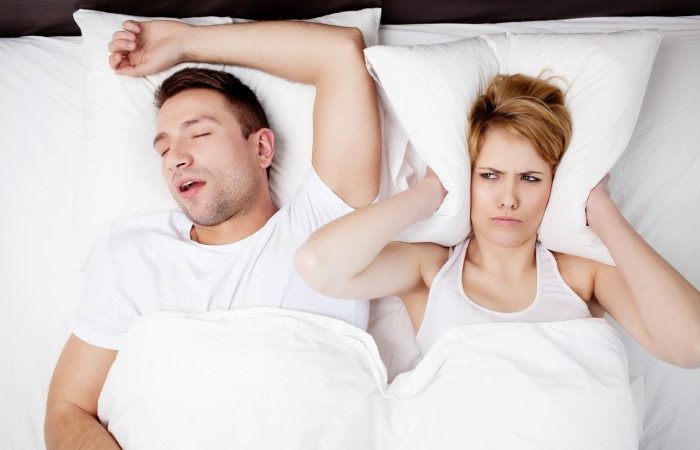Many people are familiar with sleep apnea, but often think it doesn’t affect them. Since this disorder happens while sleeping, most patients go undiagnosed far longer than they should. There are several signs of the condition which include severe snoring that can sound like you are choking and being extremely fatigued all of the time. If you feel run down and have no energy, it is worth getting tested.
Previously, most people would visit a hospital or clinic to have a sleep study conducted. In these tests, the technician monitors your breathing throughout the night to determine if you are breathing normally or if your oxygen levels are low. These tests are effective, but many people find them to be uncomfortable since they aren’t sleeping at home, and a complete stranger is involved.
We offer a different type of sleep apnea test that can be conducted from the comforts of your own home. You can sleep in your bed, relax like normal, and we will review the results with you after the fact. These home sleep tests are covered by medical insurance, so there is no reason to have a clinical test performed first.
Here is how a home sleep test works:
Come in for an appointment. We will give you the device during an appointment – after providing in person instructions on how to use it.
- Set up the machine before going to bed. Layout all of the parts along with the instructions so that it is easy to attach immediately before going to sleep. This way you can stick with your normal bedtime routine and be relaxed prior to going to sleep.
- Follow the patient guide for setup. Using text and images, this guide will walk you through how to use the device step by step.
- Attach the device as directed. You want it to be tight while still being comfortable.
- Plug it in. There are several cables that need to be connected in order for the reading to be accurate. The written instructions will walk you through each of these steps.
- Secure the microphone, mouthpiece, and nasal prongs. These will record snoring sounds as you sleep along with your breathing patterns.
- Go to sleep. Get as comfortable as possible and try to relax. It is important that you sleep so that an accurate reading can take place.
Throughout the night, the home sleeping test will record all of your breathing activity and keep track of your oxygen levels. This information will produce a report based on readings throughout the night. In order to find out if you have sleep apnea, a sleep technician or sleep physician will go over the results. This is typically done in our office where we can make recommendations for ongoing treatment.
Most insurance companies require a home sleep test or in-clinic sleep study before paying for a device that can help to stop sleep apnea. Even if you think that you have the condition, these studies are necessary to determine the full extent and the best course of treatment. To learn more about a home sleep study, call Spark Sleep.

